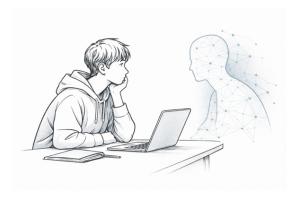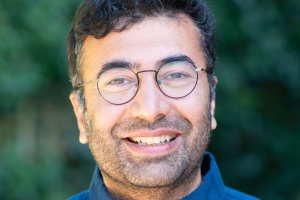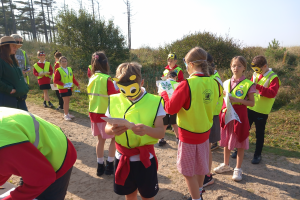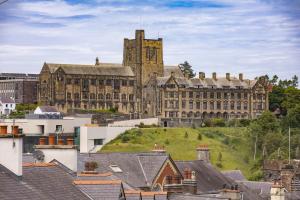-
 30 January 2026
30 January 2026New report shines a light on how teenagers are using AI companions
-
 12 January 2026
12 January 2026A student studies for doctorate in Welsh after learning the language for two years
-
 9 December 2025
9 December 2025Eyes Wide Shut is the ultimate Christmas film
-
 17 October 2025
17 October 2025Misunderstanding the tide is putting millions at risk on UK coasts – here’s what you need to know
-
 14 October 2025
14 October 2025Award-winning film explores the ethics of empathic AI
-
 17 September 2025
17 September 2025Robert Redford: the ‘golden boy with a darkness in him’
-
 16 September 2025
16 September 2025Major new funding for Anglesey Green Transition Project
-
 15 September 2025
15 September 2025Reaching Across the Isles: UK-LLM Brings AI to UK Languages With NVIDIA Nemotron
-
 4 September 2025
4 September 2025Bangor University academics appointed to REF 2029 sub-panels
-
 3 September 2025
3 September 2025Bilingualism possible in people with rare genetic condition that normally limits speech
-
 5 August 2025
5 August 2025Peredur Glyn wins the 2025 Daniel Owen Memorial Prize
-
 28 July 2025
28 July 2025€3 Million European grant awarded to Bangor University to lead Arthurian studies project
My country:
My country:
